Is Aspartame Really Deadly or Dangerous for Human Consumption?
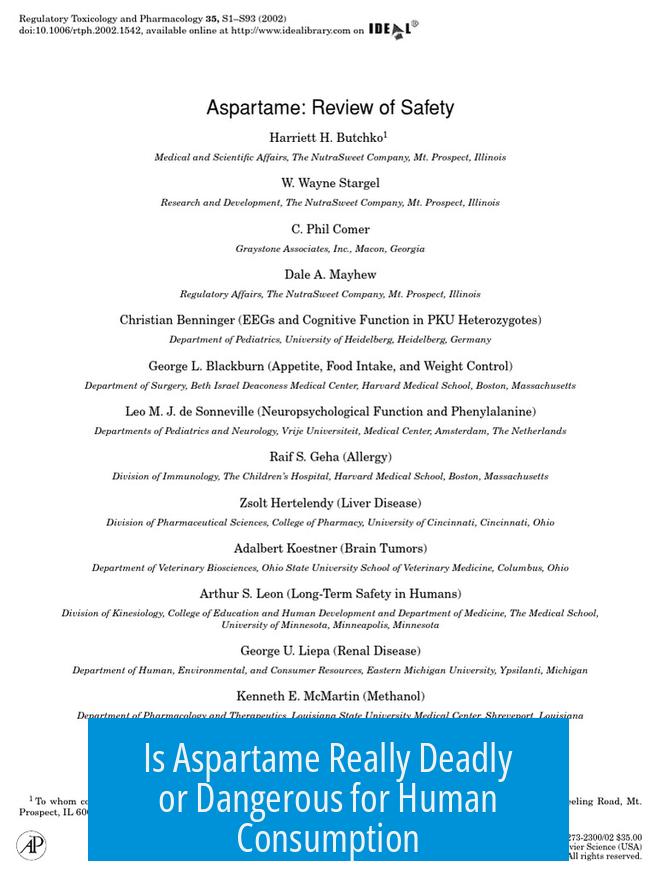
Aspartame is not deadly or dangerously harmful to humans when consumed in typical amounts. Scientific research and authoritative bodies like the World Health Organization (WHO) affirm aspartame’s safety at recommended intake levels, including daily consumption up to 40 mg per kg of body weight.
Extensive Research and Safety Evaluations
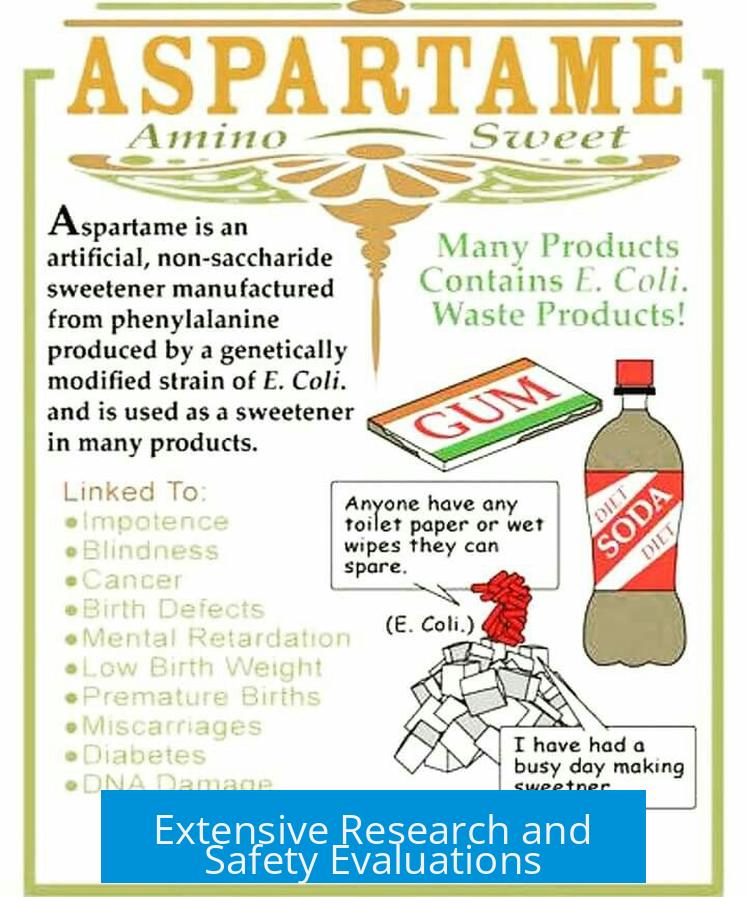
Aspartame is among the most thoroughly studied food additives worldwide. Millions consume it daily, mainly in diet sodas and low-calorie products. If aspartame posed serious health risks, they would likely have emerged from this extensive global usage and scientific scrutiny.
WHO’s evaluation in 2023 reconfirmed that aspartame is safe when intake remains under established limits. For example, a 70 kg adult can safely consume about 4.5 liters of diet soda containing aspartame daily. Drinking 1.5 liters daily, as in your case, is well below levels associated with adverse effects.
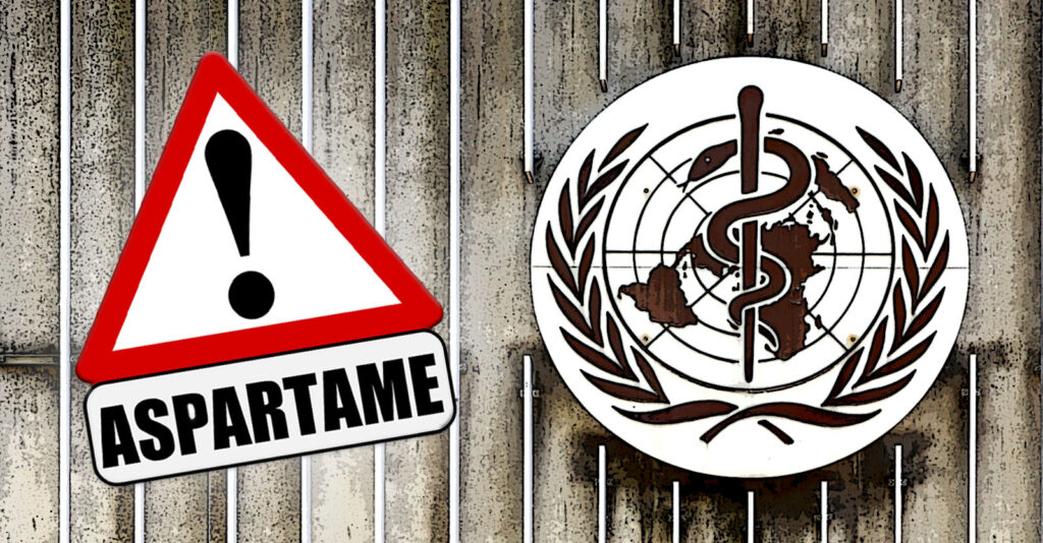
Dose Matters: Toxicity Thresholds Are High
- Animal studies showing harmful effects typically involve extremely high doses — many grams per day in rats — far beyond human consumption patterns.
- The lethal dose (LD50) in rats corresponds to an impractical intake of over 1,000 liters of diet soda daily for humans.
- Health effects seen in some rodent cancer studies do not extrapolate to human risk due to differences in dosage and metabolism.
Common Claims about Aspartame and Their Scientific Context
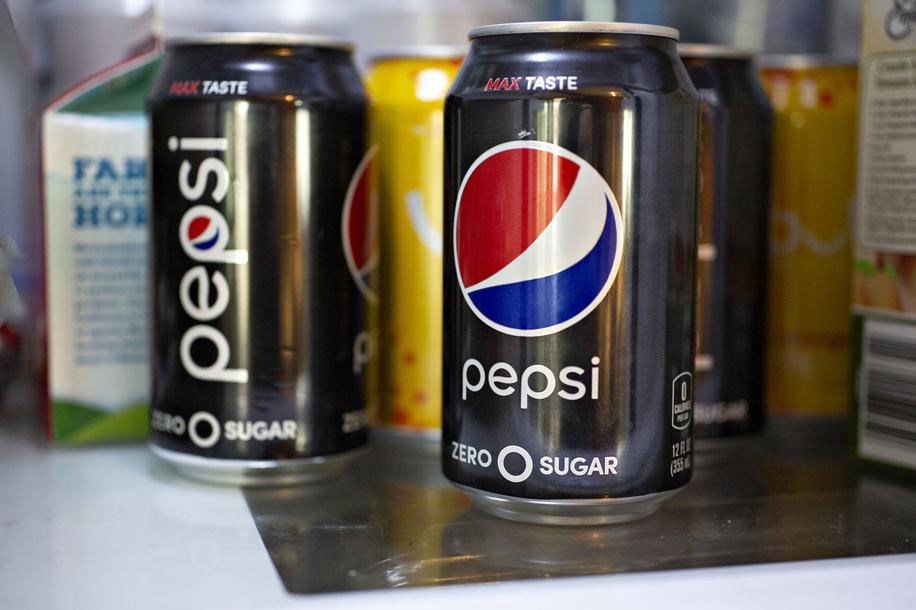
Bone Weakening
Bone health concerns linked to soda intake relate primarily to phosphoric acid, not aspartame. Phosphoric acid can affect tooth enamel and possibly bone density over time with very high consumption, but typical diet soda intake does not cause osteoporosis or widespread bone damage.
Liver Cancer and Carcinogenic Risk
Aspartame was classified by the International Agency for Research on Cancer (IARC) as “possibly carcinogenic,” a category shared by many common foods like pickled vegetables. This classification reflects limited evidence from animal studies at unrealistically high doses, not conclusive proof of carcinogenicity at typical human exposure. The small quantities of formaldehyde formed during aspartame metabolism pose negligible cancer risk.
Neurological Effects and Brain Cells
- Aspartame breaks down into phenylalanine, aspartic acid, and methanol, all naturally occurring in foods and human metabolism.
- Phenylalanine is problematic only for individuals with phenylketonuria (PKU), a rare genetic disorder.
- Claims about aspartame killing brain cells lack scientific support.
- Some people may experience headaches or migraines, but severe cognitive effects are unproven.
Methanol Concerns
The methanol produced from aspartame digestion is minimal and comparable to amounts found in fruit juices. Healthy individuals metabolize methanol safely at these low levels. Chronic toxicity from methanol due to aspartame ingestion is not supported by evidence.
Other Health Considerations of Drinking 1.5 Liters of Diet Pepsi Daily
- Caffeine intake from this amount is substantial and may lead to dependence or withdrawal symptoms.
- Regular consumption of acidic sodas can damage tooth enamel.
- Phosphoric acid content can contribute to gastrointestinal issues and possibly affect mineral balance.
- Replacing some soda intake with water is advisable for dental and metabolic health.
Misinformation and Public Perceptions
Aspartame often attracts headlines suggesting danger due to misinformation and historical controversies involving artificial sweeteners. Many claims circulating online or in media lack scientific backing or exaggerate preliminary animal study results. Industry marketing conflicts and anecdotal reports further obscure the truth.
Summary of Key Points
- Aspartame is safe for human consumption within established intake limits set by regulatory authorities.
- Large-scale studies and WHO assessments find no credible evidence for aspartame causing cancer, bone weakening, or brain cell death at typical dietary levels.
- Excessive soda intake may harm dental health and contribute to caffeine dependence, but these relate more to soda acidity and caffeine than aspartame itself.
- Rare genetic conditions like PKU require avoiding phenylalanine, but the general population tolerates aspartame well.
- Scientific consensus supports moderate consumption and urges caution with excessive soda intake for overall health reasons.
Is Aspartame Really Deadly or Dangerous for Human Consumption?
Simply put: Aspartame is NOT deadly or dangerously harmful when consumed within normal limits — including drinking 1.5 liters of Diet Pepsi daily. Despite loud headlines claiming it causes bone weakening, liver cancer, or even brain cell death (yes, really), the actual scientific evidence does not support these alarmist claims.
Curious about whether that daily soda habit is slowly sabotaging your health? Let’s dive deep into the facts, battles over aspartame’s reputation, and what science really says about this infamous sweetener.
The Aspartame Safety Scorecard: A Star Player in Food Science
Aspartame stands out as one of the most thoroughly studied food additives ever. Decades of research have examined its effects on humans, animals, and cells, often because people just love to demonize anything that tastes sweet but doesn’t add sugar.
All major health authorities—World Health Organization (WHO), FDA, EFSA—agree it’s safe to consume, as long as you stay within recommended limits. WHO’s latest reaffirmation came in July 2023, ensuring the public that aspartame is safe at daily doses humans normally consume.
- Drinking 1.5 liters of Diet Pepsi daily translates to a caffeine intake worth noting, but the aspartame dose itself is within safe boundaries.
- It would take about 15 liters of Diet Pepsi a day—ten times what you drink—for aspartame to pose any real health risk.
- The LD50 (lethal dose for 50% of subjects) in rats extrapolates to an astonishing 1,155 L of Diet Coke for a human—clearly not a realistic scenario.
Unpacking the Cancer Scare: Should You Fear Liver Cancer?
The rumor mill churns out scary headlines linking aspartame to liver cancer. But let’s look closer.
Those scary rat studies involved gorging on pure aspartame in quantities no human would ever approach. The International Agency for Research on Cancer (IARC) listed aspartame as a “possible carcinogen,” putting it in the same small-risk camp as pickled vegetables. Again, context matters.
Aspartame metabolizes into tiny amounts of formaldehyde—a Group 1 carcinogen—but unlike the formaldehyde you’d avoid in a biology lab, the amounts from aspartame are minuscule and quickly processed by the body.
Human studies have found no clear, credible link between typical aspartame intake and liver cancer.
Bone Weakening: Is Aspartame the Culprit?
Nope. The bone weakening stories often confuse aspartame with phosphoric acid, an acid present in many colas. Phosphoric acid can affect tooth enamel and may impact bone density over very long periods, especially with excessive soda consumption.
- Soda drinkers do NOT generally crumble early from osteoporosis.
- Regular dental cleanings and fluoride treatments help counter enamel erosion.
- So if you’re worried about bones, blame the acid—not the sweetener.
Neurological Effects & Brain Cells: Clearing the Fog
Horror stories about aspartame killing brain cells or causing cognitive collapse pop up online and in casual chats. Here’s what really happens:
- Aspartame breaks down into phenylalanine and aspartic acid—amino acids you eat daily from regular foods like meat and cheese.
- Only people with phenylketonuria (PKU), a rare genetic disorder, must strictly avoid phenylalanine.
- Some sensitive individuals might experience headaches or migraines due to phenylalanine.
- No solid evidence connects aspartame to brain cell death or cognitive decline in healthy people.
So, unless you have PKU or a unique sensitivity, your brain is safe from aspartame attack.
Methanol in Aspartame: Should You Worry?
Methanol is a breakdown product of aspartame and yes, it’s toxic at high doses. But before the alarm bells ring:
- The methanol quantity released from drinking 1.5 liters of Diet Pepsi is very small.
- It’s on par with or less than what you’d get from glass of apple juice or ripe fruit.
- Your liver can easily process these modest amounts of methanol without issue.
Concerns about chronic methanol exposure remain speculative and unsupported by strong evidence.
Other Health Concerns Linked to Soda, But Not Aspartame
Let’s not put the soda straw in the wrong hand. Many health issues stem from soda’s acidity, caffeine, and sugars—not aspartame specifically.
- Drinking 1.5 liters of any caffeinated soda daily can cause dependency and withdrawal symptoms.
- Caffeine overload can cause jitters, insomnia, or heart palpitations.
- The acidity of sodas harms teeth, risking enamel erosion and cavities.
- Sugary sodas add risks for obesity, diabetes, and metabolic issues.
- Carbonated drinks may worsen acid reflux for some.
If your body complains, the culprits are likely these factors rather than aspartame itself.
Personal Stories: Reality Check (Because Anecdotes Matter!)
You mention drinking 1.5 liters of Pepsi daily for nearly a year with no notable problems. Guess what? That’s surprisingly common. Many people worldwide consume large amounts of diet soda daily without obvious health effects.
Some report positive experiences. For example, one person claims 6 liters of Diet Coke daily for 45 years—without medical complaints.
Others mention issues like teeth grinding or headaches, but these are anecdotal and hard to tie directly to aspartame.
Everyone’s body is different. What works for one may not work for another.
So, Should You Stop or Keep Sipping?
If you worry about your Diet Pepsi intake, consider these tips:
- Reduce consumption gradually to avoid caffeine withdrawal headaches.
- Drink plenty of water—hydration is key for overall health.
- Maintain dental hygiene and rinse your mouth after soda.
- Watch for headaches or migraines that might correlate with aspartame.
- Consult your doctor if you have specific health concerns or conditions like PKU.
- Consider alternating diet soda with healthier beverage options.
Final Word: The Poison Is in the Dose
“Everything is poison, and nothing is without poison; the dose alone makes a thing not poison,” said Paracelsus, the father of toxicology. Aspartame, like many food additives, fits this perfectly.
Consume in moderation, and it’s safe. Overdo it with anything, and you risk health problems—whether it’s too much salt, water, or yes, even Diet Pepsi.
Does aspartame cause brain cells to die or liver cancer? The scientific consensus clearly says no. Are other aspects of drinking 1.5 liters of Diet Pepsi daily worth keeping an eye on? Definitely yes, especially caffeine and dental health.
So continue enjoying your Pepsi if you wish, but always listen to your body, check facts, and keep moderation your closest friend.
Is Aspartame dangerous if I drink 1.5 liters of Diet Pepsi daily for a year?
Studies show aspartame is safe at normal consumption levels. Drinking 1.5 liters daily is below toxic limits. No clear health effects have been linked to this amount for most people.
Does aspartame cause liver cancer or weaken bones?
Liver cancer links come from rat studies using very high doses, not typical human intake. Bone weakening relates to phosphoric acid in soda, not aspartame.
Can aspartame kill brain cells or harm cognitive function?
No scientific evidence supports aspartame killing brain cells. It breaks down into amino acids found in food. Some with phenylketonuria or migraines may have issues.
Is methanol from aspartame harmful at regular consumption?
Methanol forms in small amounts, similar to what’s in fruit juices. A healthy liver easily processes it, so typical intake is not dangerous.
Why do some news sites claim aspartame is deadly despite research saying it’s safe?
Misinformation spreads due to marketing conflicts and sensationalism. Many claims lack scientific support and exaggerate findings.


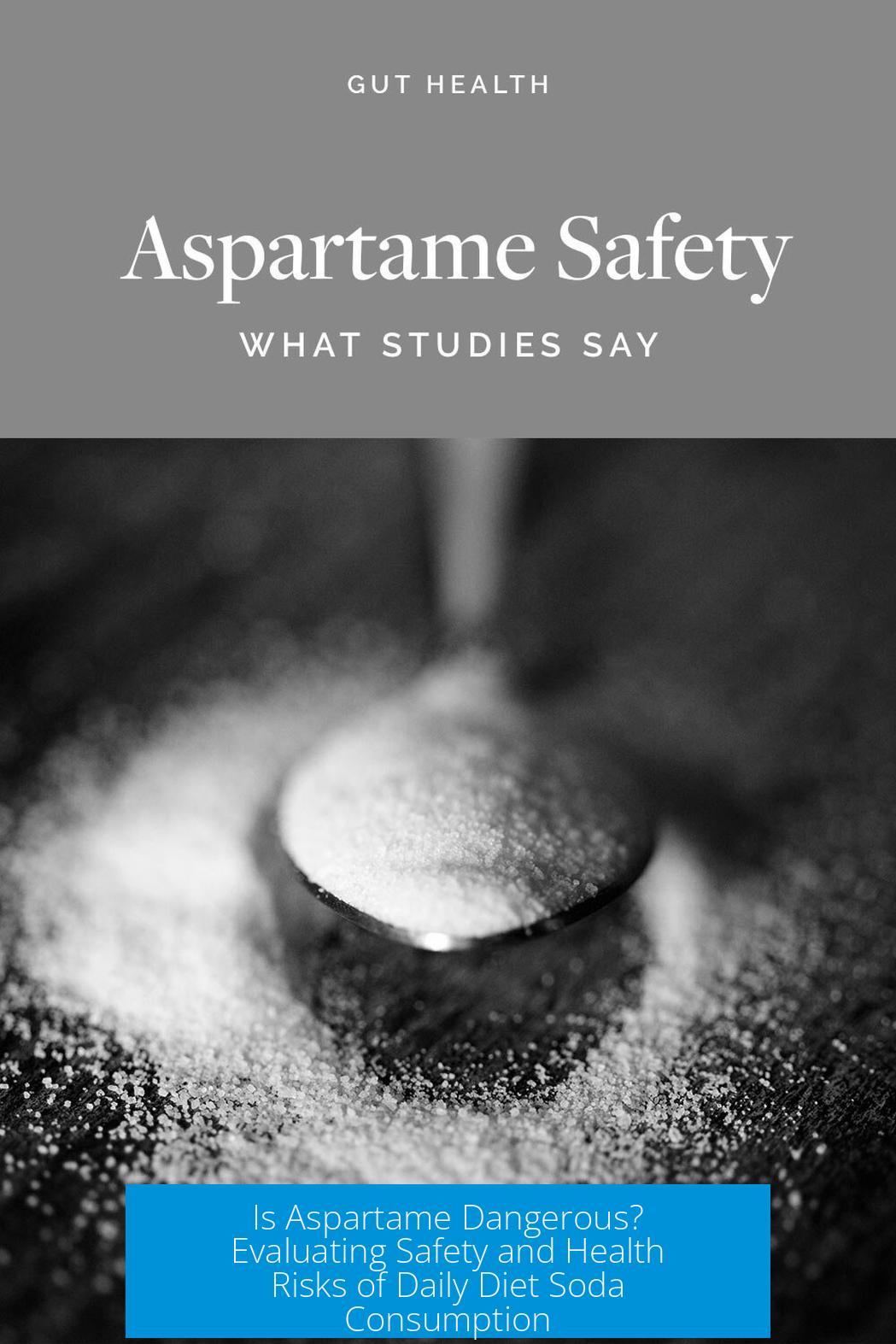


Leave a Comment